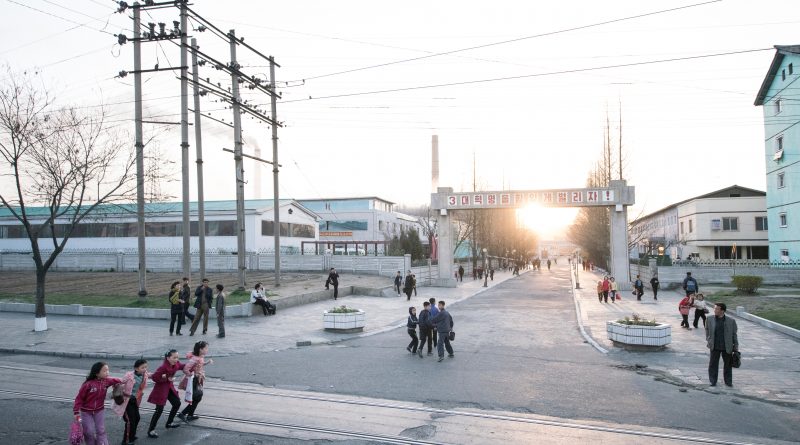Focus on Domestic Government Surveillance: North Korea
Mark Stachowski
Staff Writer
North Korea is one of, if not the most, surveillance-heavy countries on the planet. The Asian country is infamous for its strict government, tyrannical dictators, and repressive policies. Many have suffered at the hands of harsh rulers who continue to impose strict censorship and surveillance. It is virtually impossible to fully understand North Korean life as an outsider. Life in North Korea is drastically different from life in the United States, or even life in their counterparts on the southern half of the Korean peninsula. The North Korean government has kept its actions and country a secret for decades now, and it is arguably the best example of total domestic government surveillance.
In a report released by Human Rights Watch in January 2020, North Korea was stated to remain to be among the most repressive countries in the world, according to Civicus. Civicus highlights the worst of North Korean Supreme Leader Kim Jong Un’s leadership: ‘threats of execution, arbitrary punishment of crimes, detention and forced labour to maintain fearful obedience’, while travel and communication outside of North Korea also continue to be restricted. The government bans all media, civil society, and trade unions while failing to fulfill basic human rights by utilizing unpaid citizen labor.
finds that North Korean citizens are forced to show full devotion to Supreme Leader Kim Jong Un and the Kim family. The country’s economy is tightly controlled by the government, and that the government continues to fund its nuclear and missile program while neglecting food shortages, fuel, and more. Brad Adams, the Asia director of Human Rights Watch, said that North Korea’s nuclear success is directly caused by overfunding at the expense of food for its people. Reporters without Borders (RSF) ranks North Korea last in media freedom, according to their World Press Freedom Index. North Koreans get their news, entertainment, etc. directly from state media, allowing for rampant propaganda and censorship of information. RSF also found that citizens can be imprisoned for consumption news and information from international media outlets.
In 2017, the United States Embassy & Consulate in the Republic of Korea issued a Report on Serious Human Rights Abuses and Censorship in North Korea, where they identify the human rights violations carried out by the Government of North Korea. The report cites extrajudicial killings, forced labor, torture, detention, rape, forced abortions, and other sexual violence. The report also investigates the North Korean government’s monitoring of North Koreans abroad and policies that force defected citizens to seek asylum. It goes on to highlight individuals within the North Korean government who are responsible for the human rights violations that run rampant in the country.
Amnesty International UK states that all phone and internet activity is monitored by “Bureau 27” in North Korea’s State Security Department. The Bureau utilizes advanced equipment enabling the government to detect mobile phone frequencies and monitor all activity. They impose tight restrictions on the types of appliances and technology allowed in citizens’ homes.
The Committee to Protect Journalists (CPJ), an independent, nonprofit organization that promotes press freedom and defends the rights of journalists, released a list in 2019 of the 10 Most Censored Countries, with North Korea at number two, second only to Eritrea. They cite numerous examples of censorship, surveillance, and restrictions, including a case in 2017 where a North Korean court sentenced two South Korean journalists and their publishers to death for “insulting the dignity of the country”.
To this day, North Korean citizens are subject to some of the worst violations of privacy and censorship in the world. Kim Jong Un and his repressive dictatorship are behind the strictest domestic government surveillance programs in the world. With countless violations of basic human rights, invasion of basic privacy, and censorship of all information in and out of the country, North Korea and its society remains virtually a secret.


